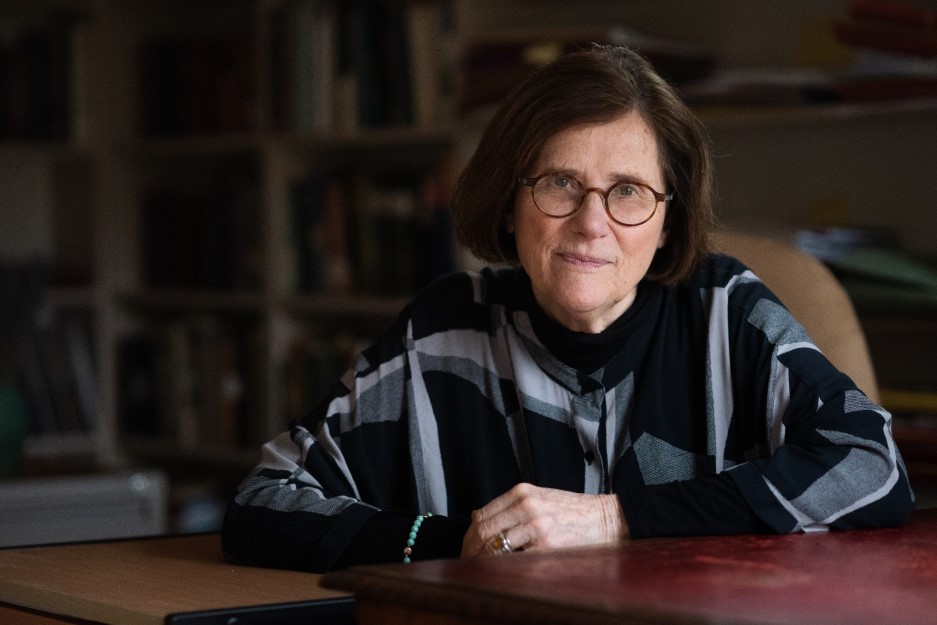The archive of British academic and biographer Professor Dame Hermione Lee is now available at the Weston Library, comprising the working correspondence and papers of a notable author, academic, and public intellectual, including literary papers, academic and scholarly papers, and papers relating to Lee’s journalism, public lecturing and broadcasting work.
Hermione Lee studied English Literature here at Oxford University and then taught at the College of William and Mary, the University of Liverpool, and the University of York before, in 1998, returning to Oxford, where for ten years she was the Goldsmiths’ Professor of English Literature, as well as the first female professorial fellow of New College. Between 2008 and 2017, Lee served as the president of Wolfson College, Oxford (founding the Oxford Centre for Life-Writing), and is now Emeritus Professor of English Literature. In 2013 she was made Dame for her services to literary scholarship.
Hermione Lee is a major figure in the academic study of life-writing and the archive reflects her teaching life as both a university academic and public lecturer and speaker, including research notes and lecture texts in her principle teaching areas of American literature, post-colonial and Commonwealth literature and 19th-21st-century biography.
To the wider public, Lee is perhaps best known for her broadcasting and biographies. The archive contains extensive research material and drafts for her award-winning biographies of Virginia Woolf (1996), Edith Wharton (2006) and Penelope Fitzgerald (2013). It also includes research and drafts for her biographies of Elizabeth Bowen (1981) and Willa Cather (1989); her OUP Very Short Introduction to Biography (2009); her collection of essays on life-writing, Body Parts (2005); as well as research and drafts for scholarly articles and essays and for Lee’s decades-long career as a book reviewer and literary journalist.
Lee first came to prominence as a journalist and commentator as the presenter of Channel 4’s flagship literary discussion programme Book Four from the day Channel 4 launched in 1982. She has since presented numerous TV and radio programmes for broadcasters including the BBC, some in partnership with her friend, the author Julian Barnes. The archive will be a useful resource for those interested in the history of literary programming in the UK, not least because it contains multiple shooting scripts.
Another feature of the archive is Lee’s meticulous research for that ephemeral book festival phenomenon: the public interview and round table discussion. It includes preparatory material for a series of encounters with Nobel Prize winner Doris Lessing, as well as authors including Margaret Atwood, Ben Okri, Joyce Carol Oates, John McGahern, Anita Desai and Salman Rushdie.
This extensive working archive of an academic, biographer and broadcaster is now available to readers in the Weston Library.
Cataloguing was generously funded by the Wolfson Foundation.

